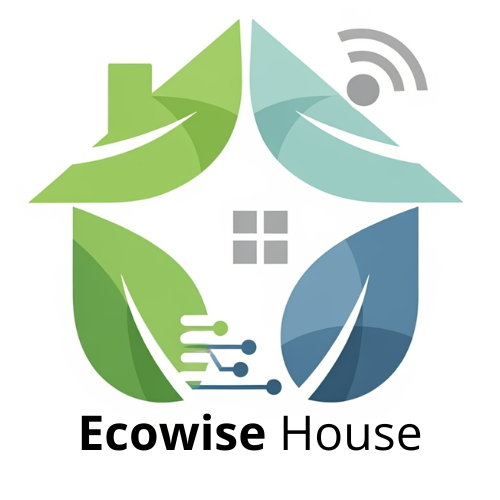Smart Home Predictions for 2025 and Beyond: What Top Industry Analysts and Futurists Are Saying About Eco-Tech
The smart home landscape is constantly evolving, driven by technological advancements and a growing consumer desire for convenience, efficiency, and sustainability. As we look ahead to 2025 and beyond, let’s delve into the predictions from leading industry analysts and futurists, focusing particularly on the rise of eco-tech and its impact on the future of our homes.
The Rise of the Eco-Conscious Smart Home
A significant trend shaping the future of smart homes is the growing emphasis on environmental sustainability. Consumers are increasingly seeking ways to reduce their carbon footprint and energy consumption, leading to a surge in demand for eco-friendly smart home solutions. Expect to see a greater integration of smart thermostats, intelligent lighting systems, and energy monitoring devices designed to optimize energy usage and minimize waste.
Furthermore, analysts predict that solar panel integration will become increasingly seamless and affordable, empowering homeowners to generate their own clean energy and reduce their reliance on traditional power grids. Smart appliances, designed to conserve water and energy, will also become more prevalent, contributing to a more sustainable lifestyle. This shift towards eco-consciousness is not just a trend; it’s a fundamental change in consumer values that will drive innovation and shape the future of the smart home market.
Enhanced Interoperability and Seamless Integration
One of the biggest challenges in the current smart home ecosystem is the lack of seamless interoperability between different devices and platforms. However, industry experts anticipate significant progress in this area in the coming years. The development and adoption of universal standards and protocols, such as Matter, will play a crucial role in facilitating communication and collaboration between devices from different manufacturers.
This enhanced interoperability will allow homeowners to create more integrated and personalized smart home experiences. Imagine a scenario where your smart thermostat, lighting system, and security cameras work together seamlessly to optimize energy consumption, enhance security, and create a comfortable living environment. This level of integration will require collaboration between tech giants and smaller players in the industry to ensure that devices can communicate and work together effectively, regardless of their brand or platform.
The Smart Home as a Healthcare Hub
Beyond energy efficiency and convenience, smart homes are poised to play an increasingly important role in healthcare and well-being. Futurists envision homes equipped with sensors and devices that can monitor vital signs, track sleep patterns, and even detect potential health issues before they become serious. These data-driven insights can empower individuals to take proactive steps to improve their health and well-being.
Smart home technology can also provide valuable support for elderly or disabled individuals, enabling them to live independently for longer. Features such as fall detection, medication reminders, and remote monitoring can provide peace of mind for both caregivers and loved ones. As the population ages, the demand for smart home solutions that promote health and well-being will continue to grow, driving innovation in this exciting and rapidly evolving field.
Artificial Intelligence and Personalized Experiences
Artificial intelligence (AI) will be a key driver of innovation in the smart home market, enabling more personalized and intuitive experiences. AI-powered virtual assistants will become more sophisticated, capable of understanding and responding to complex commands and anticipating user needs. Imagine a home that automatically adjusts the lighting, temperature, and music based on your mood and preferences, or a security system that can identify and respond to potential threats in real-time.
Furthermore, AI algorithms can analyze data collected from smart home devices to identify patterns and trends, providing valuable insights into energy consumption, appliance usage, and even potential maintenance issues. This data-driven approach will enable homeowners to optimize their smart home systems, reduce costs, and enhance their overall quality of life. As AI technology continues to advance, we can expect to see even more innovative and personalized smart home experiences emerge in the years to come.
Conclusion
The future of smart homes is bright, with a clear trajectory towards sustainability, seamless integration, enhanced healthcare capabilities, and personalized experiences powered by AI. The convergence of these trends will transform our homes into intelligent ecosystems that adapt to our needs, promote our well-being, and contribute to a more sustainable future. As technology continues to evolve, staying informed and embracing these advancements will be key to unlocking the full potential of the smart home revolution.

